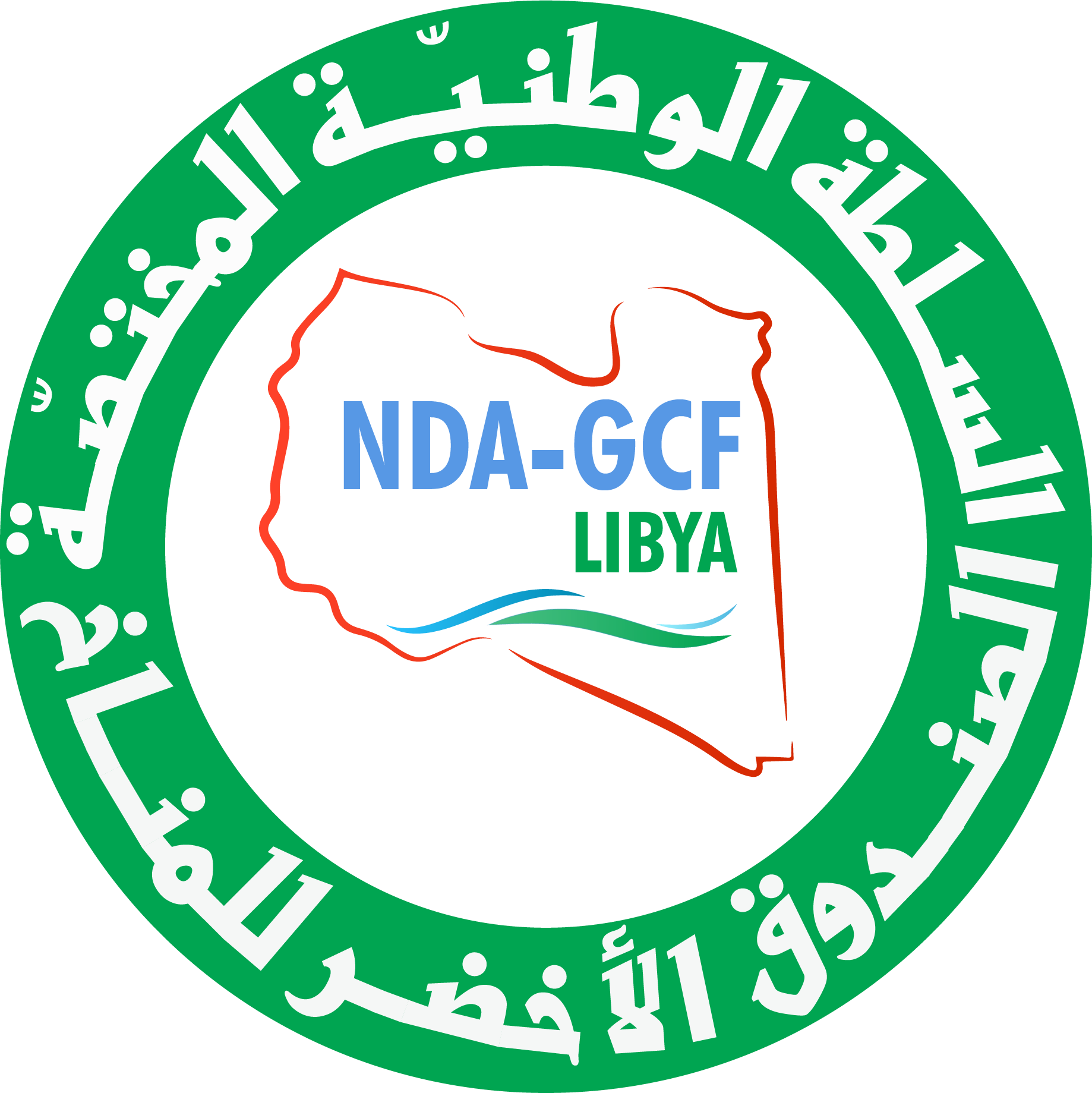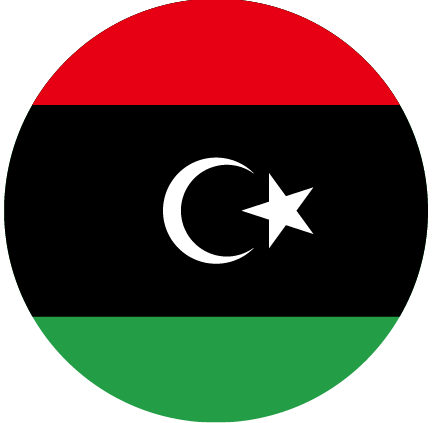What you need to know about
The GCF was an operational entity of the financial mechanism linked to the UNFCCC. It was created at the UNFCCC’s 16th Conference of Parties (COP), held in Cancun, Mexico, in December 2010.
It is currently the largest and most important climate fund that supports the implementation of the UNFCCC and the Paris Climate Agreement (December 2015).
It is mainly dedicated to developing countries, especially Least Developed Countries (LDCs), Island Developing States (IDS) and African States (AS)
- 2009: The GCF was first proposed at the 15th COP in Copenhagen (Denmark)
- 2010 : The GCF was officially established in Cancun (16th COP)
- 2011: The core instrument of the GCF was adopted in Durban (17th COP): “The Fund will be designated as the operating entity of the UNFCCC Financial Mechanism […] and will be accountable to and function under the guidance of the COP”.
- 2013 :
- Appointment of its first executive director, Ms. Héla Cheikhrouhou;
- Establishment of its permanent head office in Songdo, Republic of South Korea;
- Election of the permanent members of its Board of directors with a balanced representation between developed and developing countries.
- 2013-2014: Decisions at Board meetings to make the GCF operational.
- 2014 : Initial mobilization of GCF resources through pledges of more than US $ 10 billion for 2014-2018.
- March 2015 :
- GCF made first project funding decisions at Board meeting in Zambia;
- Accreditation of a first series of entities for direct access to the GCF
- 2016-2017-2018: Continued operational implementation of the GCF.
The GCF’s main objectives are:
- Promote a “paradigm shift”: namely, change towards low-emission, climate-resilient development pathways by providing developing countries with assistance to limit or reduce their GHG emissions and adapt to the impacts of CC”;
- Contribute to meeting the UNFCCC ultimate goal (Article 2) and overall targets in terms of GHG emissions mitigation and adaptation of vulnerable communities to the adverse effects of climate change in accordance with Articles 4 and 7.1 of the Paris Climate Agreement.
To this end, the GCF will finance projects and programs on GHG mitigation and adaptation to the adverse effects of climate change, developed by both public and private sectors.
| GHG emission mitigation: is a human intervention to reduce the sources or enhance the sinks of greenhouse gases |  |
Adaptation to the adverse effects of climate change: is a process of adjustment to the current or expected climate and its consequences. In human systems, it is about mitigating or avoiding adverse effects and exploiting the beneficial effects. In some natural systems, human |  |
Paradigm shift It is defined by the GCF as the extent to which a proposed activity is More concretely, it is a shift in the way of thinking and acting that |  |
The GCF Board of Directors is composed of 24 members, elected for 3 years by the UNFCCC regional groups. These members fairly represent developed and developing countries. Each member is supported by a substitute. Members and their substitutes are also assisted by technical and legal advisors.
The Board is chaired by two Co-Chairs, one from a developed country and the other from a developing country, and two representatives of the private sector acting as observers. It has an Executive Management and an autonomous secretariat under its authority.
Once the NDA is established, the activities will focus on the recruitment of national and international experts to provide technical and institutional support to the GCF National Focal Point to strengthen his/her capacities and help him/her fulfill his/her roles and responsibilities vis-à-vis the Green Climate Fund.
Establish a favorable environment at the national level for the mobilization of climate fund by involving stakeholders and identifying national priorities taking into account the GCF main guidelines and cross-sectoral and public-private cooperation tracks.
The implementation of the project activities requires the establishment of a national management unit. Hence, a technical assistant will be needed to support the Focal Point and NDA to be established.
In order to inform and facilitate exchanges between the different stakeholders at the national level (ministries, NDA, …), it is essential to provide the structure responsible for carrying out the activities of Climate Fund in Libya, with an information sharing system.

